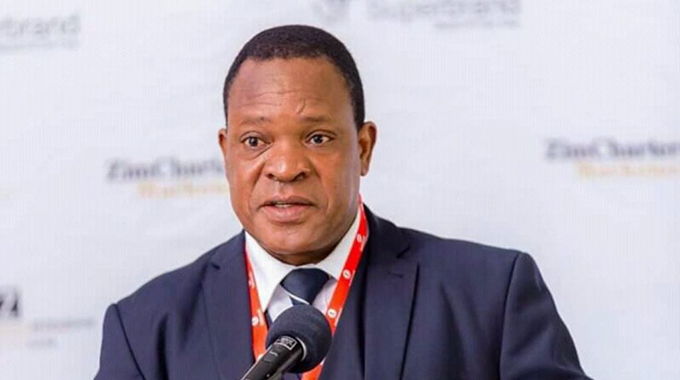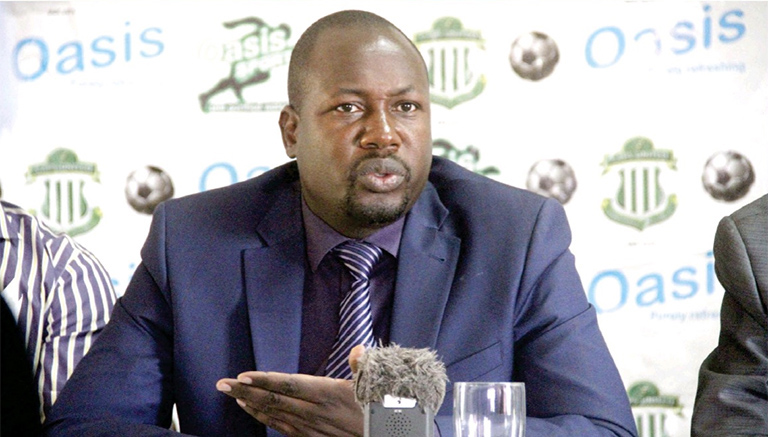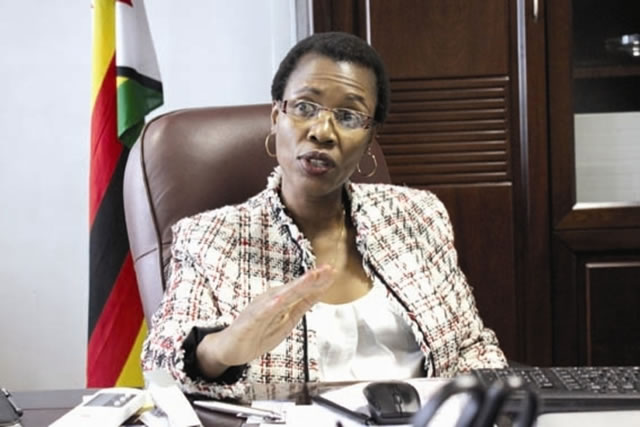EDITORIAL COMMENT: Zim-EU talks progress in right direction

THE growing improvement of relations between the European Union and Zimbabwe is a careful process, but one that has made real progress over the last few years, starting with the initial “getting to know you” after the advent of the Second Republic to substantial practical support for the private sector over the last year.
The discussions are being run by professional diplomats, people who by inclination and training are able to start where there is agreement and expand on this, and just as importantly, professionals who can manage disagreements, acknowledging that they exist, but trying to narrow the range instead of grandstanding and widening them.
From the public briefings after the fourth and latest session this week on the EU’s Article 8 Political Dialogue, it appears there is more meeting of minds, with the latest round showing the appreciation of progress Zimbabwe is making in converting the Constitution, with the guarantees that Zimbabweans chose and want, into practical legislation and administrative decisions.
This is a smart way for both the EU and Zimbabwe to operate. Zimbabwe is a sovereign nation and does not need to be dictated to.
On the other hand Zimbabweans wrote a new Constitution in 2013, with changes often based on experience under the initial peace-deal negotiated at Lancaster House.
Aligning our law and governing structures and policies with what we wanted was not the fastest process in the world for the next five years, but the Second Republic has been making significant progress since 2018 in putting in place what Zimbabweans, by a very large majority, said they wanted.
This is not always an easy process, to turn a couple of paragraphs, sometimes a single sentence or even a phrase, in a Constitution into the detailed statute, statutory instruments and administrative policies that are required, but every Parliamentary session sees ever-growing progress backed by a Government that reckons one of its major jobs is to ensure that what the people wanted is what they get.
Besides that, the Government since 2018 been sorting out and cleaning up the national finances, pressed forward on the anti-corruption drive including more recent moves of speeding up investigations and trials, and has reworked the whole policy and administration of the investment drive to make Zimbabwe a desirable place to invest.
None of this has been done at the demand of any foreign country. Rather these were things that Zimbabweans wanted and the Government reckoned had to be done if the country was going to move forward and grow its economy.
But the changes have had the most desirable side-effect of narrowing gaps with countries in the EU and the EU itself.
Other areas where there have been issues raised by the EU concern human rights and electoral practice.
Well again there are no Zimbabweans who want their human rights infringed, and certainly all Zimbabweans want to elect their Government, Parliament and local authority with few wanting to be told who to elect.
Some of the issues concern translating Constitutional rights into law and into practice.
Generally we are getting a lot better at doing this and this shows. One recent success was that huge batch of by-elections for vacancies in the National Assembly and local authorities all held on one day, giving us a foretaste of next year’s election. Generally the electioneering and canvassing went well without any serious violence although a couple of people, acting alone, did get a bit difficult at a couple of rallies, but were unable to spark any violence.
Although the usual conspiracy theories abounded before the poll, on the polling day and during the counting there were zero problems and zero complaints.
The Chief Justice had lined up a fair number of High Court judges who were then bound to give electoral petitions top priority over routine court work. Interestingly there were no petitions at all. Everyone seemed to accept the results, even if they did not like them.
So again there is progress being notched up for the benefit of Zimbabweans, but if other people like it that is great.
The EU was in the group that imposed sanctions at the turn of the century.
While relations are improving with Britain, and at least we are now talking with Americans, the EU has been more open in exploring contact and has been quite happy to see sanctions eroding away. While we will disagree with their initial imposition, we must also acknowledge that the EU, operating in their own lights, have been honest.
As relations improved sanctions started falling away. Late last year and during this year, credit lines totalling e40 million were granted by the European Investment Bank to three Zimbabwean banks for use by the private sector.
As gaps narrow, as the EU generally feels the Zimbabwe Government is on top of its own reform process, the EU itself is prepared to acknowledge this.
This is largely how the Government saw the opening up of relations with the world, especially with countries and groups that it had not been close to.
We were not expecting some dramatic change of heart, but we were expecting that others would respond to our openings, that they would notice the reforms and improvements and would not lock themselves into some ideological cage.
The EU relationship shows what can happen when there is openness, transparency and a willingness to look at facts.
The relationship is not perfect, and is yet to be totally normal, but all the time there is steady improvement as disagreements narrow, as these differences are in any case properly managed so kept in perspective, and as practical advantages flow from improvements in contact. That is what we expected and that is what we are getting.











Comments